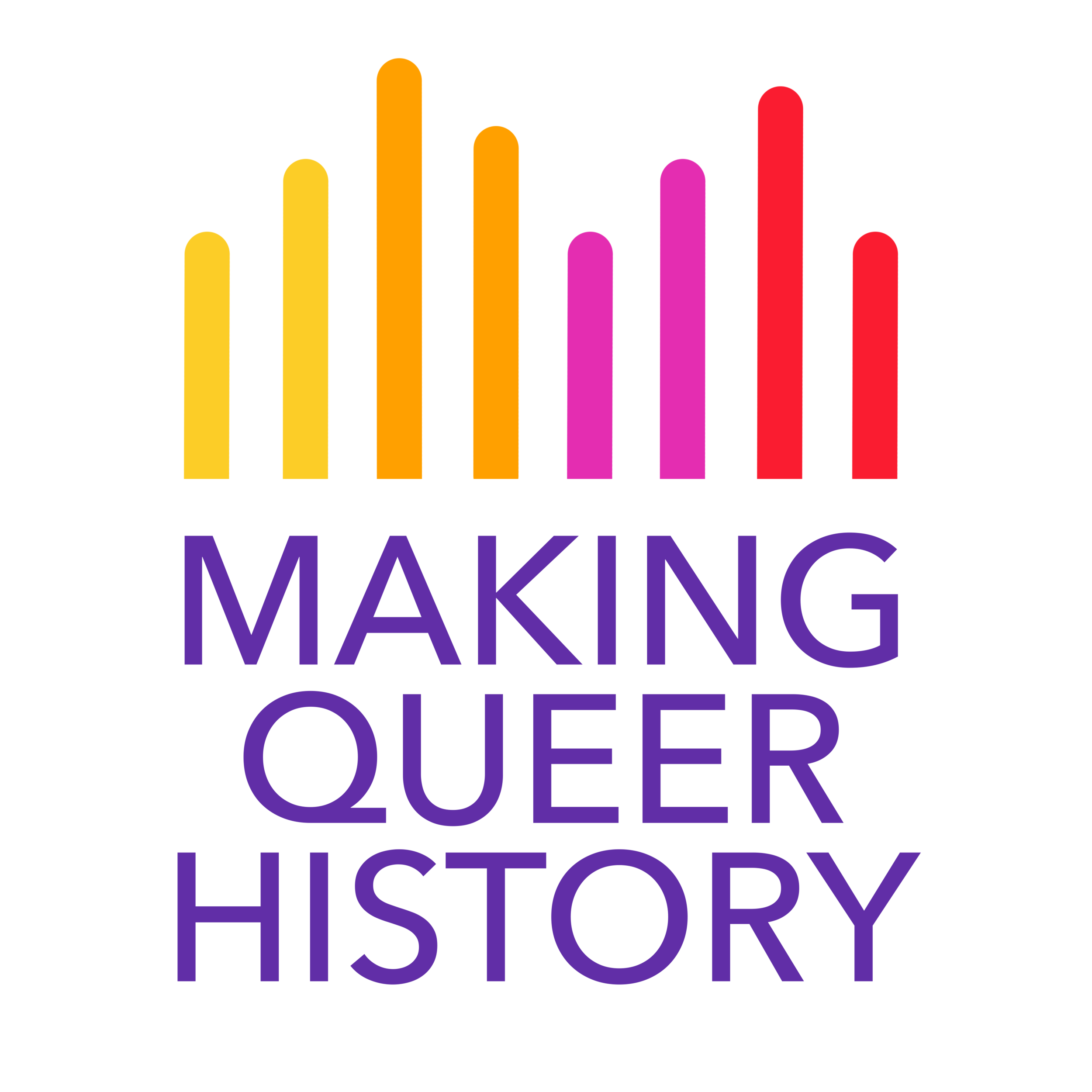António Variações
António Variações, a Portuguese man with light skin and dark curly hair and beard. He wears a purple scarf around his head and colorful clothes.
"Leave it for tomorrow
You might as well live today
Because tomorrow who knows if you'll still be here
Oh, you know well how life runs away
Even from those who say they're here to stay."
– António Variações
A man who was integral in the formation of Portuguese music and queer culture: António Variações. Variações was a man who had an impressively eclectic musical career alongside influence on his country's political side. As he was becoming popular shortly after the Carnation Revolution, he was at the forefront of a huge social and political shift, pushing his country towards acceptance through his music.
Variações grew up under an authoritarian dictatorship that had been ruling Portugal for over four decades. This meant that the music and media in Portugal at the time were strictly censored, so any mention of queer identities in a positive light was erased. It is important to note that, because of this, it was unlikely Variações had any delusions about his country’s attitude to homosexuality. Because the only talk of it was highly negative, it is also easy to understand why Variações never came out about his identity as a man attracted to other men. Add onto that the fact that he served in compulsory army duty, which was often used as a vessel to push toxic masculinity on the youth of a country; it is impressive that he turned out the way he did. However, a part of his development surely lay in his tendency to travel and his love of the arts, both things that have been sheltering and expanding influences for queer people throughout time.
Variações went to live in London and travelled to Amsterdam for a couple of years when he was just beginning to explore his identity as an artist and person. While those two places were not perfect examples of acceptance of the queer community, both would have provided very different atmospheres for a man who had grown up under such severe oppression. He took the chance to expand his worldview, which made his music notoriously hard to define.
By the time Variações returned to Portugal, he was a very different person regarding his art and appearance. He had adopted an eccentric and vibrant way of dressing in his travel, and this made him stand out starkly in a country that was shifting from a strict dictatorship to a new democracy. Fashion was not the only front he led the way in after his return, though. He also opened the first unisex barbershop in all of Portugal, which was quick to get famous clients, connections that he would later use to push forward his musical career.
When he was finally signed to a music label in 1978 by Valentim de Carvalho, the corporation took its time releasing his music. This was not because of the quality of the music but because of how hard it was to place in one genre—not surprising, as “António Variações” was his chosen name, and his last name translates into “variety.” Variações spent his entire music career staying true to the style that his last name advertised and quickly became one of the most popular Portuguese singers of all time.
Barely over ten years after the ban on same-sex relationships ended, Variações was writing and releasing songs alluding to queer themes that used to be heavily censored. With his position as the most famous man in Portugal, he was able to shift attitudes: dressing in ways that did not always conform to the gender roles and singing about things that weren’t even whispered about less than twenty years ago.
Variações' life was cut short; however, by AIDS. Though his official cause of death remains very speculative, friends and family of Variações report that only shortly before his death at the age of thirty-nine, in June of 1984, he was told that he was HIV positive. A death sentence at this time.
Rumours flew about him after his death; speculation, and much of it probably untrue, so it is hard to find facts about his life. Despite many rumours, Variações, such an influential man during his life, was just as influential after. He was voted to be Portugal’s most famous gay icon, and he dramatically changed the way the Portuguese public saw and addressed homosexuality. He was a rudder in a country that was just finding its identity after decades of dictatorship.
There had been more than enough revolutionaries and activists telling them what they should think; Variações was an artist. He was able to tap into a part of the country’s soul that other revolutionary men and women weren’t capable of. He used his fame and his art to steer Portugal into a more accepting and open age gently. Now, looking at a Portugal that has a strong and thriving queer community, it is clear to see that a part of the reason that they can exist so openly is that of the paths a man who has spent his life in the closet opened for them. After a revolution of flowers, Variações brought a revolution of music.
REFERENCES AND FURTHER READING
Disclaimer: some of the sources may contain triggering material
António Variações. (n.d.). Discogs. Retrieved July 7, 2023, from https://www.discogs.com/artist/126337-António-Variações
António Variações eleito maior ícone gay português. (2015, June 12). Jornal de Notícias. https://www.jn.pt/pessoas/interior/antonio-variacoes-eleito-maior-icone-gay-portugues-4621593.html/
Pepe, P. (2013). Queer Interventions in Amália Rodrigues and António Variações. Estrema: Revista Interdisciplinar de Humanidades, 2. https://www.academia.edu/5129988/Queer_Interventions_in_Am%C3%A1lia_Rodrigues_and_Ant%C3%B3nio_Varia%C3%A7%C3%B5es
Rui Miguel Abreu. (2017, October 9). A história secreta de António Variações. https://litoralcentro-comunicacaoeimagem.pt/2017/09/10/a-historia-secreta-de-antonio-variacoes/
Variacoes, A. (n.d.). Antonio Variacoes. http://www.antoniovariacoes.pt/





